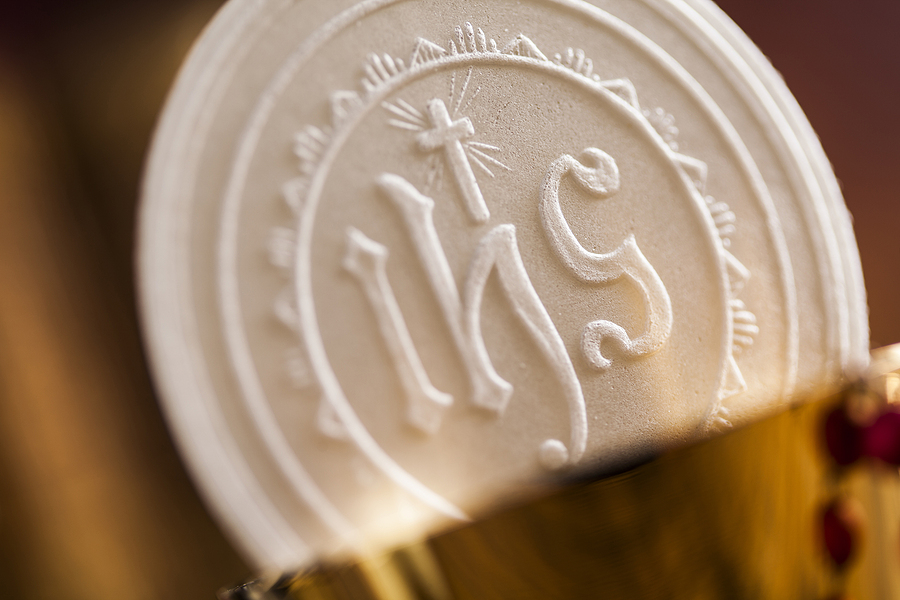
Is anger an emotion? Or a learned reaction: habit?
We feel it everywhere: Anger. Whether a seething whisper or bellowing roar, resentment, anger, even rage, feels like the fuel of this brand new year as the second decade of the twenty-first century heads south…The youngest child of a mother who seemed slightly to very discontented for the majority of her time on this planet, I began my acquaintance with anger at an early age.
I wrote that paragraph five years ago, but it accurately describes what we read, watch and hear in 2021.
Hence I have revisited the question, “Is anger an emotion?”
In Spiritual Direction , Father Sakowski writes of the difficulty that anger has been for him personally this last year:
“It has become apparent to me that I have a hard time welcoming the human experience of anger and figuring out what to do with it. That becomes quite a setup for struggle and heartache – especially during years like this past one! As I look around and observe other humans all around me, I realize that I am not the only one having a hard time here.
Never mind that God created the emotion of anger; never mind that his Son Jesus was truly human and experienced anger without sinning. Many of us Christians feel a major “should” that warns us against anger – and then we find ourselves stuck.”
Apart from those statements, his article, Learning to Listen to Anger is otherwise excellent. But his opinions that God “created the emotion of anger” and that Jesus “experienced anger without sinning,” are wholly wrong. Like this priest, we are misled into thinking that the habit of reacting with anger is an involuntary emotion over which we have no control.
In fact, our culture seems to sanction, even ennoble, anger as the national norm.
Such thinking endangers our peace, contentment and our very souls, both collective and individual.
Despite the presence of anger as high on the pundits’ list of human emotions, it does not belong there.
While the experience of anger fits partly within Webster’s definition of emotion, that is “an affective state of consciousness in which joy, sorrow, fear, hate, or the like, is experienced, as distinguished from cognitive and volitional states of consciousness,” it is volitional. We consent to anger, in many cases, welcome, those feelings of outrage, jaw and fist clenching and gritted teeth. In fact, we make it a habit.
“I cannot believe she said this!”
“Wait until I tell you what he did yesterday!”
“After all I have done for you, this is all that you can say or do?”
Indeed, anger is an “affective state of consciousness…is experienced”- but it cannot be distinguished from cognitive, willed thought.
Why do I say this?
Consider the last time you got supremely ticked off…
just like in the photo above, steam poured out of your ears.
Can you recall such an incident? And maybe the associated behaviors like slamming doors, shouting, etc. that accompanied your rage?Most likely when you were alone?
Isn’t there a hesitation? A moment of huh? Before the tsunami of rage is released?
Did I really hear that?
Did she really do that?
Is Anger An Emotion? Or Learned Reaction?
That hesitation is the analysis done by those of us with reason: humans. Someone or something has betrayed us…somewhere along, we’ve learned the art of suppressing the sorrow, guilt or shame and learned to switch on anger. We decide that we have been treated unjustly and in more and more cases, persuade judges, juries and governments to pay for that injustice.
Anger has become, in a sense, a national commodity. And is being institutionalized.
Okay, a learned reaction, so what?
The simple answer is-we can unlearn it. Not only can, but must.
Huh?
Like all habits, we can change them. Hence, the habit of anger can be changed by making the decision to do so.
When you were considering the last time you felt like Mt. Vesuvius or the geyser at Yellowstone was about to erupt inside you, then you’ll note the tone in the simulated analysis…”I”, “I”,”I”. Ponder for a moment or ten, what is really happening.
Or, if you haven’t done that, please do so now, it’s important to know that submitting to anger is all about the ego, bruised self-image and in this culture where egos reign and self-control is considered an oymoron, it would appear that anger is another right.
Like killing our unborn babies.
Or deciding that life is too onerous.
But we can choose to stop lying to ourselves. Now.
Why should we?
Jesus is crystal clear. He makes no references to fairness or reparations.
“But I tell you, if you are angry with a brother or sister, you will be judged. If you say bad things to a brother or sister, you will be judged by the council. And if you call someone a fool, you will be in danger of the fire of hell.“So when you offer your gift to God at the altar, and you remember that your brother or sister has something against you, leave your gift there at the altar. Go and make peace with that person, and then come and offer your gift.
“If your enemy is taking you to court, become friends quickly, before you go to court. Otherwise, your enemy might turn you over to the judge, and the judge might give you to a guard to put you in jail. I tell you the truth, you will not leave there until you have paid everything you owe.
Like Father Sakowski, we let the world and all of its evil persuade us that our defiance is just: at masks, the people who wear them, or the people who don’t. That Jesus too got angry.
But do we really believe that Christ consented to the behaviors of a two-year-old?
Am I suggesting that we ignore those feelings of outrage, suppress them because they are “un-Christian?”
Of course not. We must use our reason to identify the source of that rage– almost always, it lies within us. In some cases, it may have festered for decades. We may not have all the time in the world to finally resolve it. Ron Rolheiser’s Final Spritual Struggle is a magnificent lens with which to view the importance of dealing honestly with the source of our anger.
As the years accumulate, the important work of age crystallizes:
We must deal with the realities of the losses, the unlived dreams, make peace with the rapidly diminishing time left. And make a crucial decision: How do we spend the time we have left? The words of Father Rolheiser provoke, challenge and penetrate.
“…..Like the older brother of the prodigal son, we are now acutely aware that someone less deserving than ourselves gets to dance and eat the fatted calf.
But this must be understood for what it is, not a sign of regression, but a critical new moment in the spiritual life. As we age and become ever more aware of our wounds, our wasted potential, and the unfairness of life, we come face to face with the final spiritual hurdle, the challenge to become mellow and gracious in spirit. The spiritual task of midlife and old age is that of wrestling with God, namely, of standing inside all of the ways in which life has disappointed and betrayed us and, in spite of that, there, understand what God means with the words: “My child, everything I have is yours, but we must be happy!”



